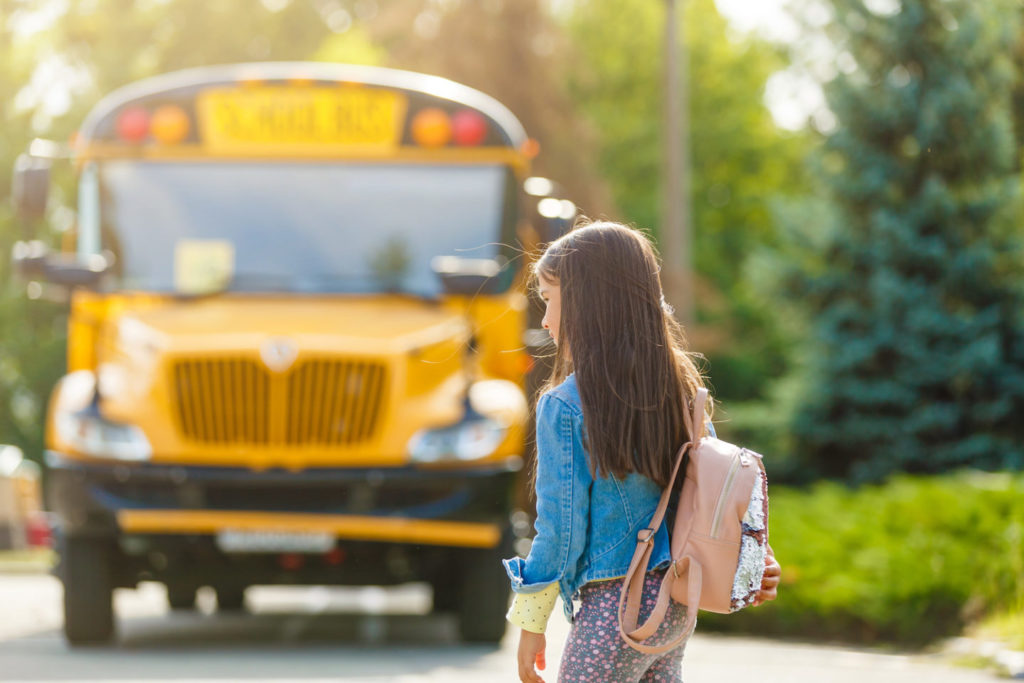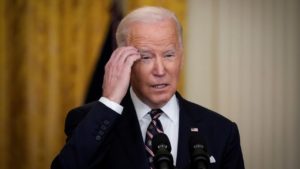Biden administration and special interest groups played politics instead of getting kids back to school
(reimaginED) – On Sept. 1, U.S. Education Secretary Miguel Cardona claimed that the Biden administration had a plan to “focus on safely getting back to in-person learning” last year. On the…

(reimaginED) – On Sept. 1, U.S. Education Secretary Miguel Cardona claimed that the Biden administration had a plan to “focus on safely getting back to in-person learning” last year. On the same day, White House press secretary Karine Jean-Pierre told reporters that school re-openings were “the work of Democrats in spite of Republicans.”
But after the release of student test scores that are nothing short of dismal, parents and taxpayers deserve a reminder of what actually transpired in the waning months of school closures due to the pandemic.
Claims that the administration was focused on a return to in-person learning are dubious at best. In August 2021, Cardona wanted to mandate that all K-12 teachers be vaccinated, while at about the same time, administration officials were busy colluding with the National School Board Association to intimidate parents from speaking at school board meetings.
Watchdogs uncovered evidence of collusion again earlier this year. A report from Republicans on the House Select Subcommittee on the Coronavirus Crisis details how the American Federation of Teachers edited important sections of a Centers for Disease Control report on school re-openings to make it easier to close schools.
The report found that the CDC sent the AFT a copy of their draft recommendations weeks before their release. The union then sent “line-by-line” edits to portions of the report that recommended schools close based on more stringent guidelines than the CDC had initially drafted.
Cardona’s comments came on the heels of a USA Today column in which he tried to put a positive spin on the newly released Nation’s Report Card, commonly called the NAEP Long Term-Trend, or NAEP LTT. That study found that student achievement had regressed badly. As Matthew Ladner explained on this blog, the results for black children set them back nearly 30 years.
Other research essentially forecast these results. One study published by the National Bureau of Economic Research November 2021 found that student math and reading scores in 12 states had both declined, but—and this is the most important part of this report—the learning losses were smaller for the students who returned to in-person classes faster than their peers.
So when the New York Times announced long-term NAEP scores with the headline, “The Pandemic Erased Two Decades of Progress in Math and Reading,” we should set the record straight: The White House and special interest groups were playing politics instead of getting teachers and students back to class.
AFT president Randi Weingarten claimed last week that advocates for parent choice in education are trying to “create great distrust in public schools.” Yet, the AFT’s own actions—such as its secret missives to the CDC—are responsible for creating distrust.
And parents only have to scroll through the AFT archives to July 2020 to find that Weingarten endorsed teacher strikes unless public officials met the union’s demands for school re-openings. (“Nothing is off the table,” she told an audience of union members).
In fall 2020, union chapters around the country were striking even before the first day of school as part of a “National Day of Resistance.” Their demands went well beyond health and safety concerns. Indeed, their radical demands stretched from housing benefits (“cancel rent and foreclosures”) to universal unemployment benefits (“unemployment benefits for all”).
Not all Americans have short memories, fortunately. The latest edition of the Education Next survey finds that respondents’ perceptions of both local schools and the school system as a whole have steadily declined since 2020—which helps explain why the increase in new homeschooling families nationwide still far outpaces the share of families who have returned to assigned schools.
Thousands of Arizona families applied for education savings accounts in just the first two weeks of the application season after Gov. Doug Ducey and lawmakers expanded student eligibility for the accounts. Meanwhile, public school enrollment declined by 2 million students from 2020 to 2021.
No amount of gaslighting can hide the fact that the Biden administration and his union allies put power ahead of student achievement during the pandemic. To make sense of the import of these NAEP results and student enrollment figures, Americans deserve more than the political spin coming from Washington and interest groups.


